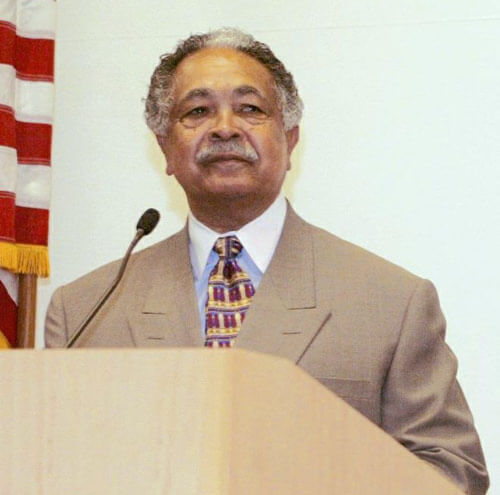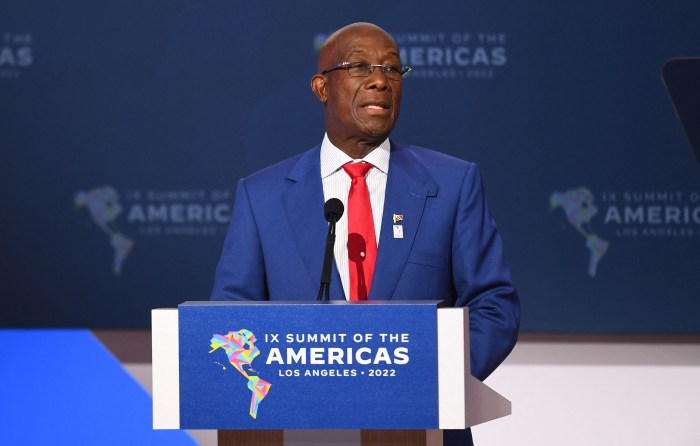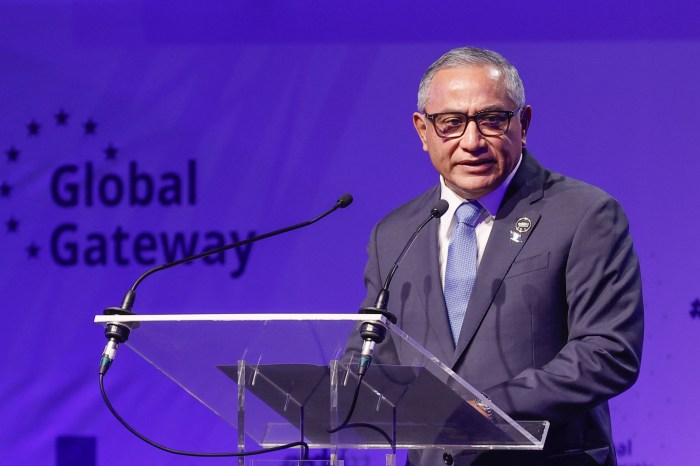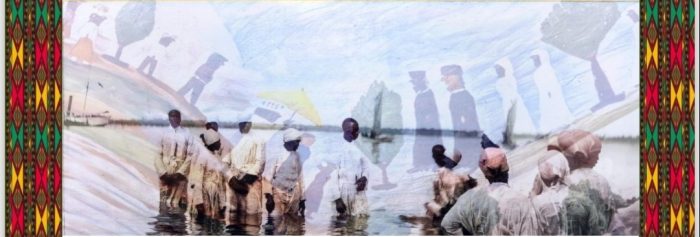The first foreign born Caribbean American to serve in the U.S. Congress has died. Trinidad-born Mervyn Dymally passed on Oct. 7 in California after a long ailment. He was 86.
The trailblazer who has helped paved the way to improved conditions for all Americans was acclaimed as an advocate for civil rights.
He was a champion for equal rights and blazed a path for west coast residents as well as the underserved across the nation.
Dymally entered national politics simultaneous to his birthplace Trinidad& Tobago attaining independence in 1962.
A self-described civil rights champion, he was first elected as a California assemblyman that year.
He later became the state’s first Black state senator in 1966 and its first and only Black lieutenant governor eight years later.
In 1980, he won a congressional seat in Los Angeles representing Compton and its surrounding area.
After that, there was no stopping the ambitious and dedicated politician.
While serving his state in Washington D.C., through legislative circles he became California’s highest-ranking Black politician.
“He fought for justice and equality for all people and served as a great role model for the next generation,” Dr. Claire Nelson, president of Institute for Caribbean Studies said. “His success is a testament to the integration of Caribbean Americans into the American landscape and their contributions to the political and social fabric of the U.S.”
“He was a stalwart for disenfranchised people and struggling communities at home and abroad,” she added.
In Congress, he served as chairman of the Congressional Black Caucus.
While there, he championed economic and humanitarian aid for Africa and the Caribbean as chairman of the House Foreign Affairs Committee.
Dymally retired from Congress in 1992. However, he re-entered state politics at age 76. He won the same Assembly seat he held at the start of his political career.
“Merv knew how to build a political network better than nearly anyone,” his former colleague Nancy Pelosi said. “He opened doors for the next generation of minority leaders.”
He remained committed to public service for his entire life, serving not just as an elder statesman but a public official until a few years ago when he took ill.



























